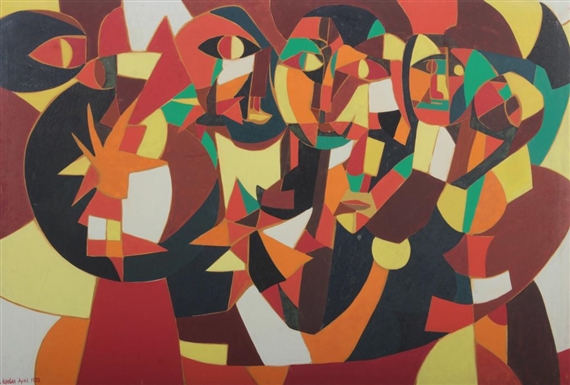Pszichopatology or state of the world: A model of identity in Mihály Babits’s The Nightmare (1918)
DOI :
https://doi.org/10.14232/kulonbseg.2014.14.1.149Résumé
Is Babits’s novel The Nightmare an allegory of human identity? What philosophical (Freud) and psychological (Bergson) influences helped him create his protagonist? The paper sets out to investigate the representation of the protagonist who dreams his life and lives his dreams. The paper surveys the stylistic means, rhetorical tropes and features of prose poetics used in the representation of the double life of the protagonist. Also, the paper surveys the diverse terms available to convey the emergence of divided self in the text.
Moreover, the analysis of narratorial positions in the text reveal possible interpretations that emerge from the polyphony of the narratorial and authorial voices: the ethical positions generated by these, and also how the readers’ responses are influenced by these ethical positions. Finally, close readings of textual representations of double identity are contrasted to Freudian and Bergsonian models of identity.






